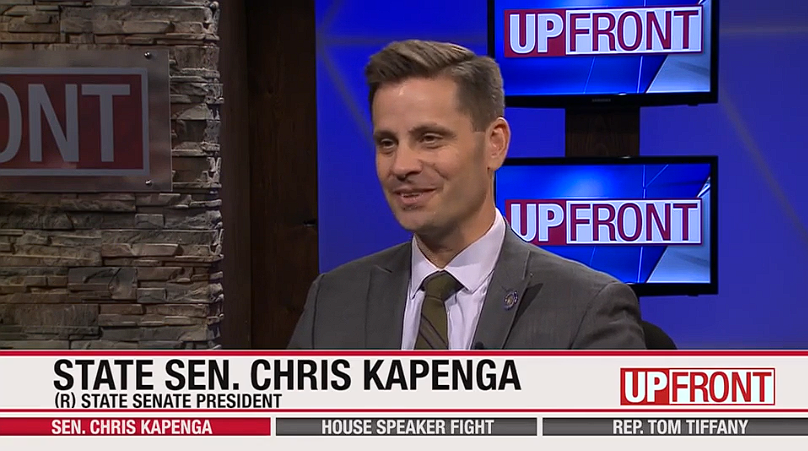State Senate President Chris Kapenga says there aren't enough votes in the Senate to pass legislation that would draw new legislative maps ahead of the 2024 election, a move deployed by Assembly Speaker Robin Vos in an attempt to bypass the state Supreme Court's new liberal majority.
"We're looking at that right now," Kapenga said on WISN's 'UpFront,' which is produced in partnership with WisPolit...
Please log in to access subscriber content.
If you don't have a subscription, please contact schmies@wispolitics.com for subscription options on the WisPolitics-State Affairs platform, which is the new home for WisPolitics subscriber products.


